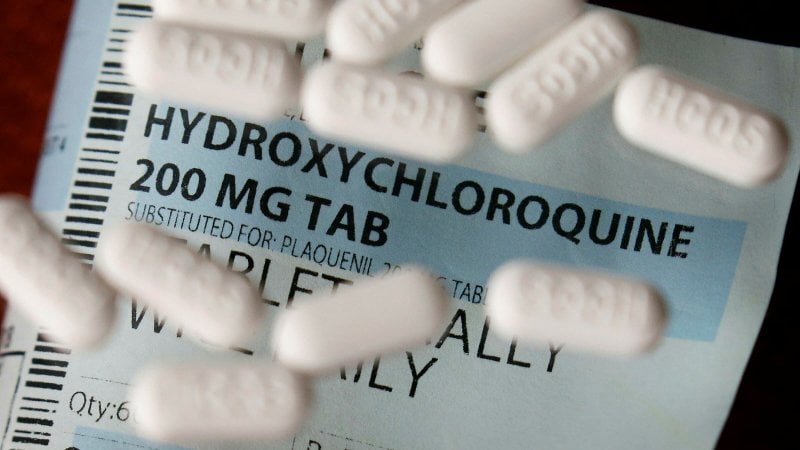U.S. hospitals said they have pulled way back on the use of hydroxychloroquine, the malaria drug touted by President Donald Trump as a COVID-19 treatment, after several studies suggested it is not effective and may pose significant risks.
Early hopes for the decades-old drug were based in part on laboratory experiments and its anti-inflammatory and antiviral properties. But its efficacy has so far failed to pan out in human trials, and at least two studies suggest it may increase the risk of death.
…
Orders for the drug have dropped to a tenth of the late-March peak, to about 125,000 pills last week, said Vizient Inc, a drug buyer for about half of U.S. hospitals.
…
Some European governments this week banned hydroxychloroquine use for COVID-19 patients. Dr. Thomas McGinn, deputy physician in chief at Northwell Health, New York’s largest healthcare system, told Reuters it decided to stop prescribing hydroxychloroquine at its 23 hospitals in mid-April, after clinical data began to emerge.
“People were in our hospitals, they were dying, and we wanted to do something,” he recalled. “But the minute the data came out … showing no benefit and potential harm, I think we all needed to step back,” he said.































